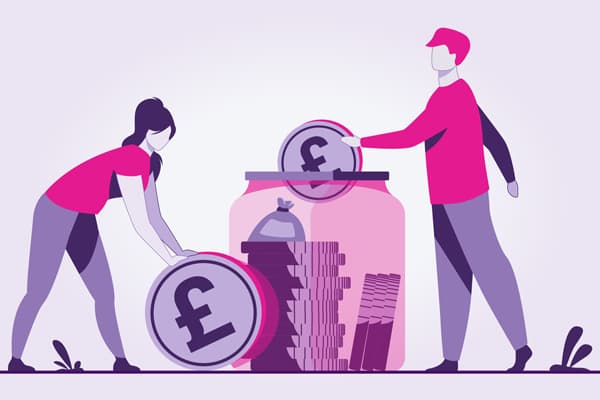Starting Saving
It doesn't have to be all or nothing - ease into saving for your home deposit with the first guide in our deposit saving series.

It doesn't have to be all or nothing - ease into saving for your home deposit with the first guide in our deposit saving series.

Compare moving quotes in 4 simple steps